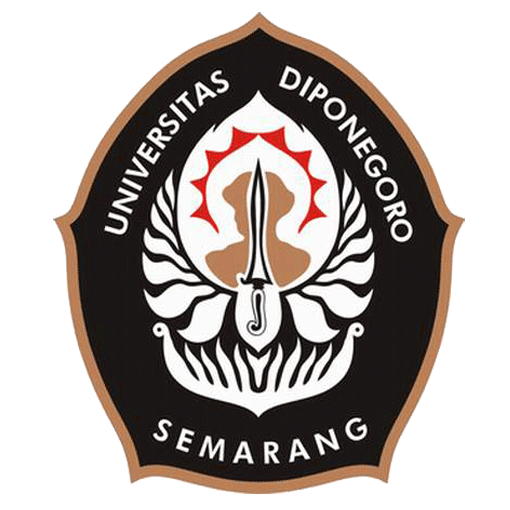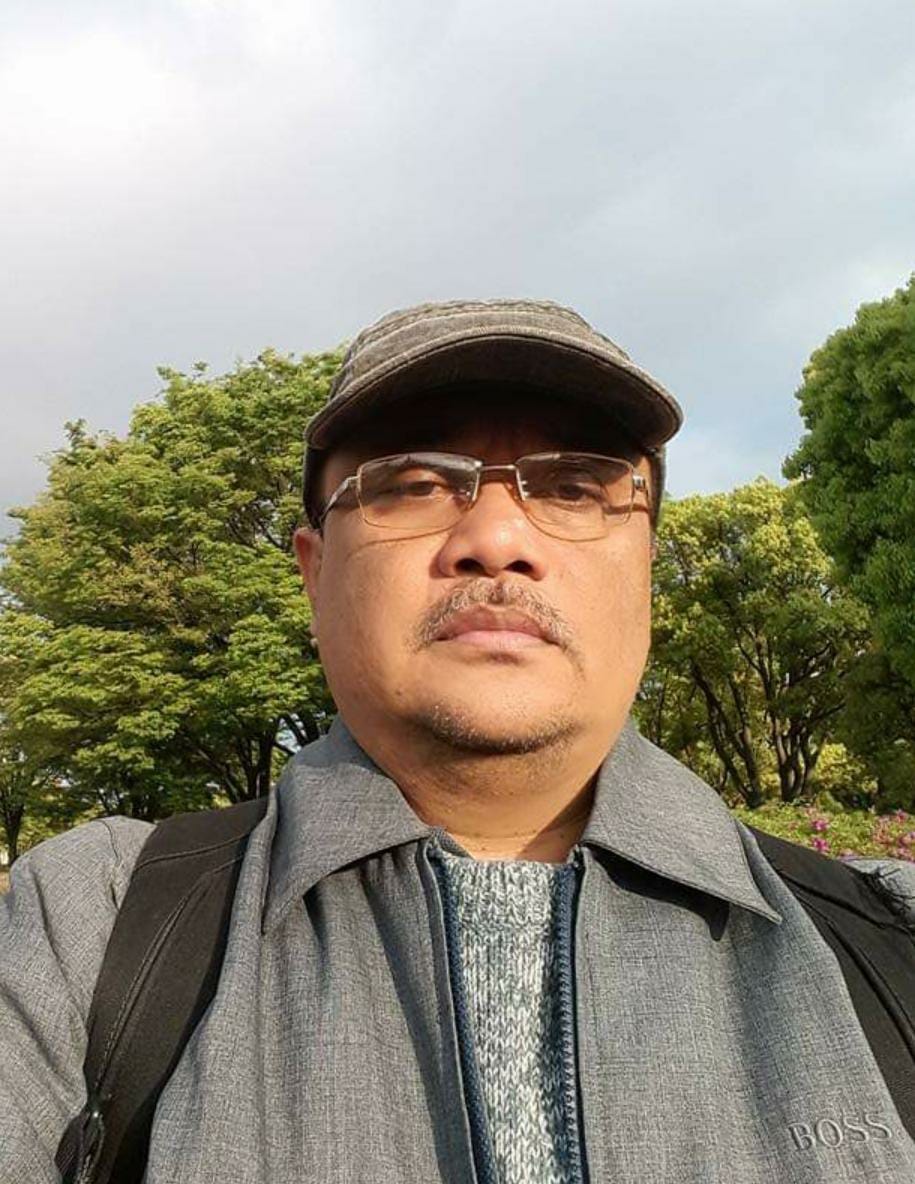The change of times have had an impact on the development of science, including historical science. The development of historical science cannot be separated from the role of academics as science developers. Dr. Dhanang Respati Puguh, M. Hum., Head of Department of History Undip makes every effort to carry out scientific development strategies in facing challenges in today’s modern era.
“The Head of Department is in charge of managing human resources under the Department of History which organizes three study programs, namely Undergraduate History Study Program, Masters in History, and Doctorate in History. Therefore, lecturers must meet the qualifications for implementation of study programs. Lecturers must update their knowledge in accordance with the development of historical science and knowledge through education and training, for example continuing study of doctoral studies for those who have not yet, participate in workshops or seminars, research and scientific publications at both national and international levels, and carry out community service according to the problem faced by the community,” he said.
According to him, curriculum of study program is adjusted to the development of science, demands of society and job market, and information technology. For example, for Undergraduate History Study Program there are courses in Cultural Heritage Management, Tourism Management, Applied History, Historical Journalism, Historical Cinematography, and Historical Asset Management which are expected to complement student competencies with skills that are more practical in nature and are needed by job market. With these skills, graduates are prepared not only to become job seekers, but also to be able to create jobs or work independently. The use of information technology for history learning and for development of historical disciplines are also important, so that students are not clueless and have the competencies and skills needed in the world of work.
History is not merely to be memorized and understood textually, but its meaning needs to be lived in so that it can influence attitudes and behavior. Lecturers at Department of History socialize through community service activities to high school students. Lecturers who get the opportunity to become resource persons at the invitation of parties outside UNDIP also become spokespersons or agents to raise awareness of the millennial youth, that learning history is important and fun.
“This effort is not easy because of the growing stigma in society that learning history is boring. In fact, it is the teachers at the elementary, junior high and high school education levels who have an important role to build awareness of millennial youth about the importance of history for life of society, nation and state. Teacher competence, the use of historical learning methods and media can change negative stigma, so that the objectives of learning history can be achieved. This means that history is not only meant to be memorized, but interpreted to obtain values and wisdom which are very important in shaping attitudes and behavior,” he explained.
History certainly has an important role in overcoming conflicts that occur in society. “History is a discipline that seeks for the origin or cause of events. By knowing the origin or causes of conflict, history can contribute in resolving conflicts that occur in society. Apart from that, history can also provide examples and policies. We study history not for the past, but for the present and future. We can take lessons from history or learning from history. Past events and policies that have been taken can provide guidance and serve as guidelines for overcoming conflicts that occur in the community, especially if the conflicts that occur in the community show the same patterns as those that occurred in the past. Thus, history can provide conflict resolution solutions based on past experiences,” he said.
In the field of humanities studies, the opportunities and job prospects for history graduates are very broad. Undergraduate History Study Program of Undip has determined the profile of its graduates, among others, as Historical Researchers; are able to study historical problems based on the principles of historical science and publish them either orally, in writing, or audio-visual. Graduates can work in research and development institutions, both organized by the government (Indonesian Institute of Sciences/LIPI and Regional Research and Development Agencies/Litbangda) and private sector. History Teacher; as an educator and facilitator of creative and innovative history learning, can master historical material well, and be able to follow the development of information technology-based historical disciplines. Graduates can work as facilitators of learning organized by government (schools) and private sector (schools and tutoring institutions). History Writers; be able to compile both popular and journalistic writings from a historical perspective. Graduates can become journalists in print and online media. History Clerk; be able to manage historical and cultural heritage based on the prevailing laws and regulations. Graduates can work in government or private institutions. Historical Consultant; be able to provide historical consulting services, conduct evaluations, and prepare work reports. Graduates can establish institutions/companies that are engaged in historical, cultural, and artistic research. Historical Entrepreneur; be able to open employment opportunities by utilizing historical field as a business field, both in the field of journalistic media, film, and tourism. And there are also graduates of Undip Undergraduate History Study Program who work and develop careers in banking world and other fields.
In encouraging Undip’s progress towards a World Class University, the Study Programs of Department of History organizes international seminars, workshops, guest lectures with leading experts from abroad. “Department of History also collaborates with several universities abroad. Some lecturers from Department of History have successfully published their research results in reputable international journals and have become visiting lecturers or visiting professors at Nagoya University, Japan. They have also participated as speakers at international seminars with the output of articles in Scopus indexed proceedings. Undip leadership can further motivate the entire academic community towards a World Class University,” he concluded. (Linda-Public Relations)
Translated by: Titis (Public Relations)

